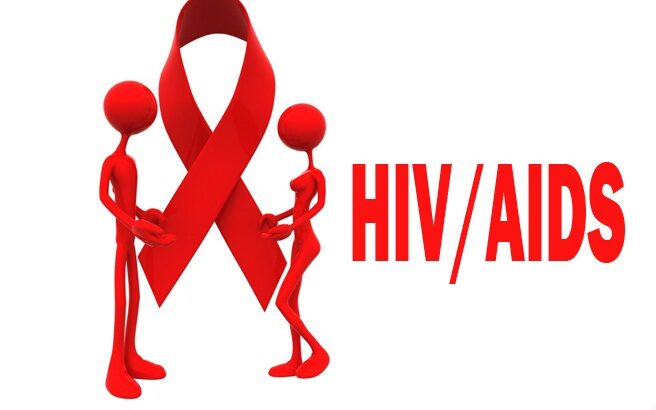The Ghana HIV and AIDS Network (GHANET) has reported that nearly 34,000 individuals have been diagnosed with HIV over the past nine months.
Ernest Amoabeng Ortsin, the President of GHANET, disclosed this information during an interview.
He clarified that this figure includes people who may have been living with the virus for five to ten years but are being diagnosed for the first time.
“In 2023, approximately 17,740 new infections were reported, indicating those who contracted the virus for the first time. The 34,000 figure pertains to newly diagnosed cases,” he explained.
Mr. Amoabeng identified several key factors contributing to the rising number of HIV infections.
“There is a new generation of young people who have little knowledge about HIV/AIDS, and this lack of awareness is a significant issue,” he stated.
He also pointed out that complacency is increasing, as many people recognize that those living with HIV can manage the virus effectively with antiretroviral treatment, often without showing symptoms.
“Individuals are becoming complacent because those living with HIV no longer display the severe symptoms that were common in the past, such as drastic weight loss or skin rashes, thanks to the effectiveness of antiretroviral medications,” he noted.
Additionally, Dr. Stephen Ayisi-Addo, Programme Manager of the Ghana National AIDS Control Programme (NACP), linked the high rates of HIV/AIDS to the public’s low uptake of contraceptives and family planning methods.
Studies indicate that differences in sexual behavior between men and women, marital status (especially for the widowed, divorced, or separated), and variations in premarital sexual practices contribute to the spread of HIV/AIDS in Ghana.
To address these challenges, several strategies have been proposed for preventing HIV transmission in Sub-Saharan Africa, which accounts for over 70% of the world’s HIV cases.


